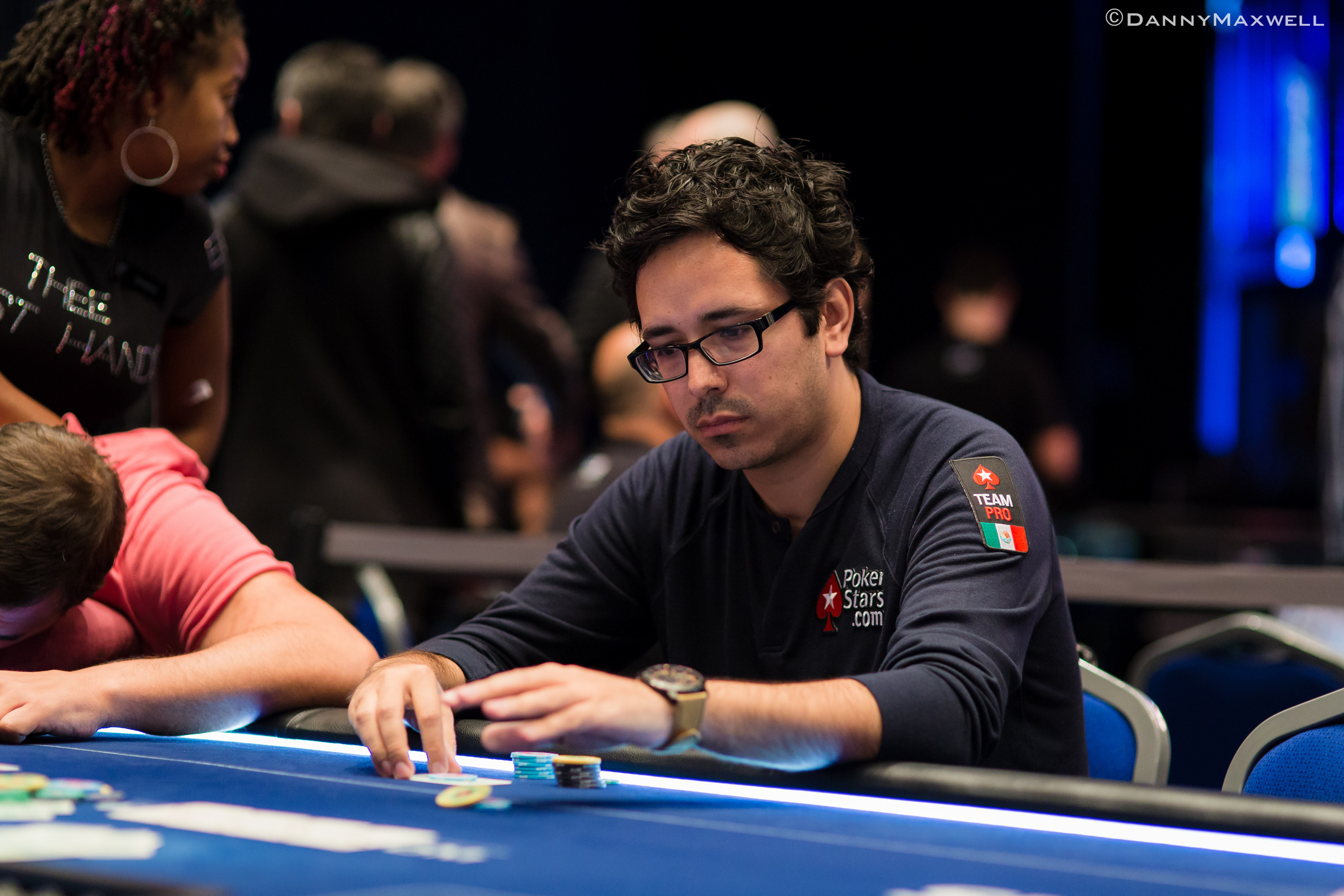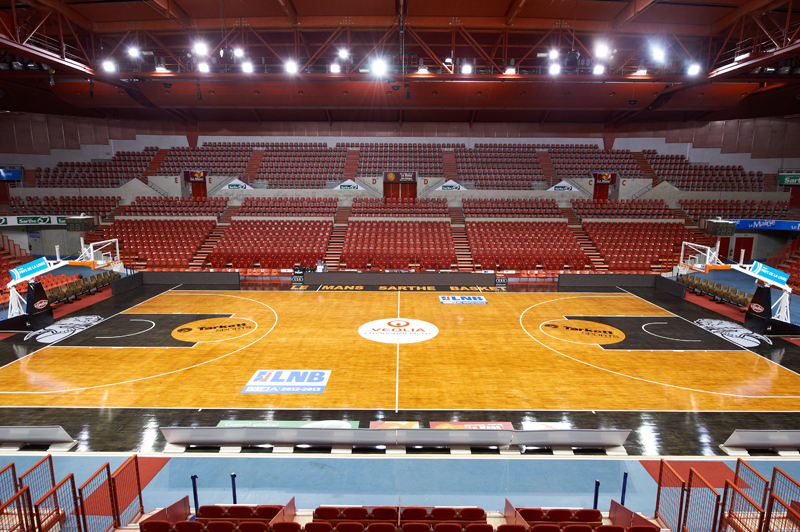Legislation Poker France
Rade union Casinos de France said last week that French casinos will reopen their doors on December 15. The reopening of casinos in France comes after an extended second national lockdown, which began on October 30. Originally, it was meant to end on December 1, but it was extended, with only essential businesses permitted to remain open. In a way, France operates a lot like the United States did before Black Friday, they are looking to ban offshore poker sites by way of French law in the same way that the U.S. Did by way of their law, however the problem you run into is that these poker rooms operate in other countries where French law does not apply. The practice of gambling in circles is actually very limited (14 circles in France with a product of very low games). (Information provided by the Ministries of Interior, Budget and Agriculture following consultation of the Interim Report.) It concerns concretely, in most cases, the only game of poker, slot machines are specifically excluded. France’s southern neighbour, Spain, also had double digit declines in its online poker revenues this year. Pooling France’s online players with countries such as Spain and Italy may have led to greater numbers of players wanting to engage in online games such as poker as there would have been increased competition. Commercial online poker is legal in major Europe countries such as France, Spain, Germany and Italy, with big profits being made and the industry growing at a rapid state. Not all countries benefit from such stringent licensing laws as the UK, however, so it may prove a.
All forms of gambling are regulated and legal in France.
Brick-and-mortar operations may host card games, casino games,
sportsbooks, and racing betting while online operations may offer
all the same except casino games. All-in-all, France is a
gambling-friendly nation.

It’s not all smooth sailing in France though. High taxes and
excessive regulation make it difficult for licensed gaming sites
to stay in business. Nearly half of the gaming sites that
acquired licenses in 2010 have since left the market. The high
taxes on poker pots and sports bets also affect players, which
has resulted in large numbers of players choosing to do business
with unlicensed foreign sites.
The good news is gamblers have options. Since there are no
laws that criminalize playing at unlicensed sites, players can
choose from the whole assortment of licensed and unlicensed
sites. If you like what you see at a French-legal gaming site,
you’re good to go. If you’d rather gamble somewhere else, you
can choose from a wide range of other options.
How Online Gambling is Regulated in France
The biggest change in gaming law in recent history happened
in 2010. After pressure from the EU to end its restrictive
gaming laws, the French government passed the Gambling Act (Law
number 2010-476). The act created the Regulatory Authority for
Online Games (ARJEL) whose responsibility it became to license
and regulate online gambling in France.
The Gambling Act was important for players, because it
disbanded the government monopoly that existed previous to the
passage of the law. Now, the French market was open to
competition from other EU gaming sites. 35 companies applied for
licenses and became the first non-government entities to offer
online poker, sports betting, and horse racing betting.
French politicians chose not to include traditional casino
games such as roulette, slot machines, and table games because they
felt those games would be too addictive. To this day,
traditional casino games aren’t offered by French-licensed
gaming sites.
Some of the bigger names to get licenses included PokerStars,
Party Poker, and Everest Poker. About a dozen sports betting
organizations also received licenses. The introduction of
competition to the market was a good thing for players, but
there was one problem: taxes.
The Gambling Act called for excessive taxes on both poker and
sports betting. All poker pots are taxed 2% in addition to the
rake poker sites normally take out of pots. To this day, players
pay upwards of 7.5% in total rake (compared to an industry
average of 4-5%) on every pot.
Sports betting was hit with an 8.5% tax on all bets placed.
Both sports betting and poker suffer from these taxes. Players
complain that the higher tax rates result in a
higher-than-normal rake in poker and less likelihood of making
money with sports betting. Several poker sites have even left
the market due to the onerous tax laws.
To top it all off, the Gambling Act doesn’t allow player
pools to be shared across national borders. This means French
players are cut off from the international poker scene. When you
play on a licensed French poker site, you only play with people
who are located in France. This has caused liquidity problems
for licensed sites as they find it difficult to keep the games
running with a limited player pool.
The high taxes and restricted player pool have led to many
players choosing to play at unlicensed sites headquartered out
of other countries. The French gambling market has great
potential, but it’s stifled by the burdensome regulations and
taxes.
Gambling in France holds a current legal status.
In 1987 the minimum gambling age was lowered from 21 to 18. In 1988 slots machines became legal after previously being banned.
There are two main bodies responsible for the regulation of the gambling industry in France – PMU (Pari Mutuel Urbain) and (FDJ) Française des Jeux. PMU deals with horseracing, FDJ is responsible for betting games and lotteries. Both operators are state-owned.
In 2010 France legalized online gambling as well.[1][2] It is supervised by ARJEL ('Regulatory authority for online games').
History and contributions[edit]
Gambling industry in France has a very long history and some of the oldest and most popular gambling establishments are located on the territory of this country.[3] France also contributed to the development of popular casino games.
It was in France that the Queen became a permanent feature of the deck, replacing the Nobleman in the 1500s.[4]
In the 17th century the French mathematician Blaise Pascal invented the roulette wheel, which later led to the introduction of the roulette game.[5]Parimutuel betting has a French origin and was invented about 1870.[6]
Remote gambling[edit]
The first steps towards legalisation of remote gambling in France were made in 2005, when the European Commission started to investigate the situation in the French gambling market. In 2006 the Commission gave a notice and then in 2007 requested to make amends to the existing law in order to make it compliant with the EU laws. As a result, in 2009 the French government introduced a bill, that partially opened the gambling market to operators from other EU countries[7]Remote Gambling Association criticized the main provisions of bill for offering unfavourable conditions for the new operators as opposed to incumbent state-owned operators. The main lines of criticism included:
Legislation Poker France Race
- limited range of gambling services that can be offered by operators
- unfavourable taxing regime
- low payouts for players
- stringent requirements, including the necessity to keep gambling servers on the territory of France.[8]
Legislation Poker France 2019
The Law No 2010-476 of 12 May 2010 on the introduction of competition and sector regulation of gambling and online gambling is often referred to as the French Gambling Act.[9] It came into power on May 13, 2010 and opened the online gambling market in France, also creating an official body to regulate the industry – ARJEL (the French Gambling Authority)[10] 3 other regulating authorities can also apply their powers regulating the industry: the French Competition Authority (ADLC), the CSA (An Independent Authority to Protect Audiovisual Communication Freedom) and the CNIL.[10]There are 3 types of licenses for the 3 types of online gambling activities allowed by the French gambling law:[11]
- online sports betting (live betting, pool betting and fixed odds betting)
- online horse race betting (pool betting)
- online poker games (Texas Hold'em Limit, Texas Hold'em pot limit, Texas Hold'em no limit and Omaha Poker 4)[citation needed]


Legislation Poker France 2020
Casino games as well as spread betting and betting exchange[9] are not licensed, because the lawmakers said they were too addictive. Poker is one of the games played at casinos, but it is legal, because the outcome of the game depends on the skill of the player, who can alternate their strategy depending on the game situation. [12]
Online gambling in France was legalised just before the World Cup 2010. As a result, gamblers opened over 1.2 million accounts on licensed sites in the first month. They bet €83 million which was almost 2 times more than during the same period in 2009, when the only option for legal online betting was turning to state-owned betting websites.[13]
References[edit]

- ^New York Times: Europe Unleashes Online Gambling to Fill Coffers
- ^'eGaming Review: France votes in online gambling laws'. Archived from the original on 2010-07-30. Retrieved 2010-08-15.
- ^Why French Casinos Are Struggling
- ^Blackjack History
- ^Inventor of the Week: Mechanical Calculator
- ^Pari-mutuel Tax
- ^On-line gambling: Commission welcomes France's decision to open its gambling market and closes infringement procedure
- ^Failed Bet for France
- ^ abEuropean Conference on Gambling Studies and Policy Issues: Online Gambling in France
- ^ abThe French Gambling Act : True competition?
- ^H8myself: Online Casino Website.Gambling Opportunities
- ^Gambling in France: The Law in Progress
- ^Europe Unleashes Online Gambling